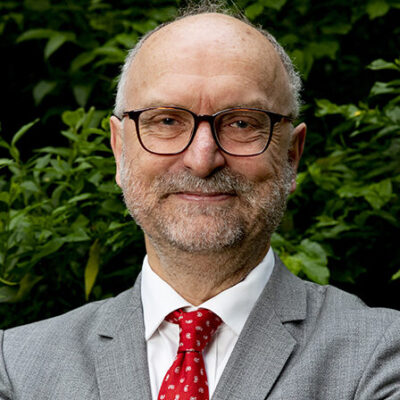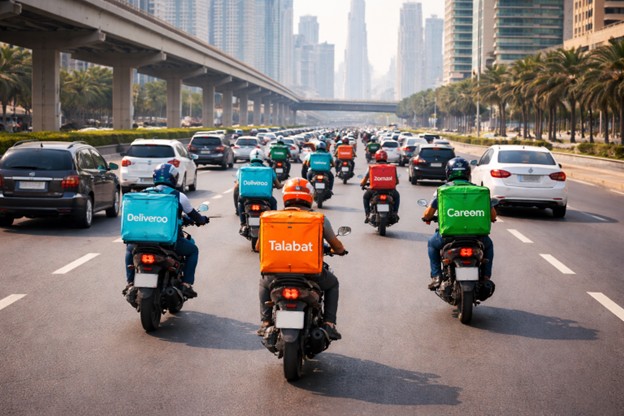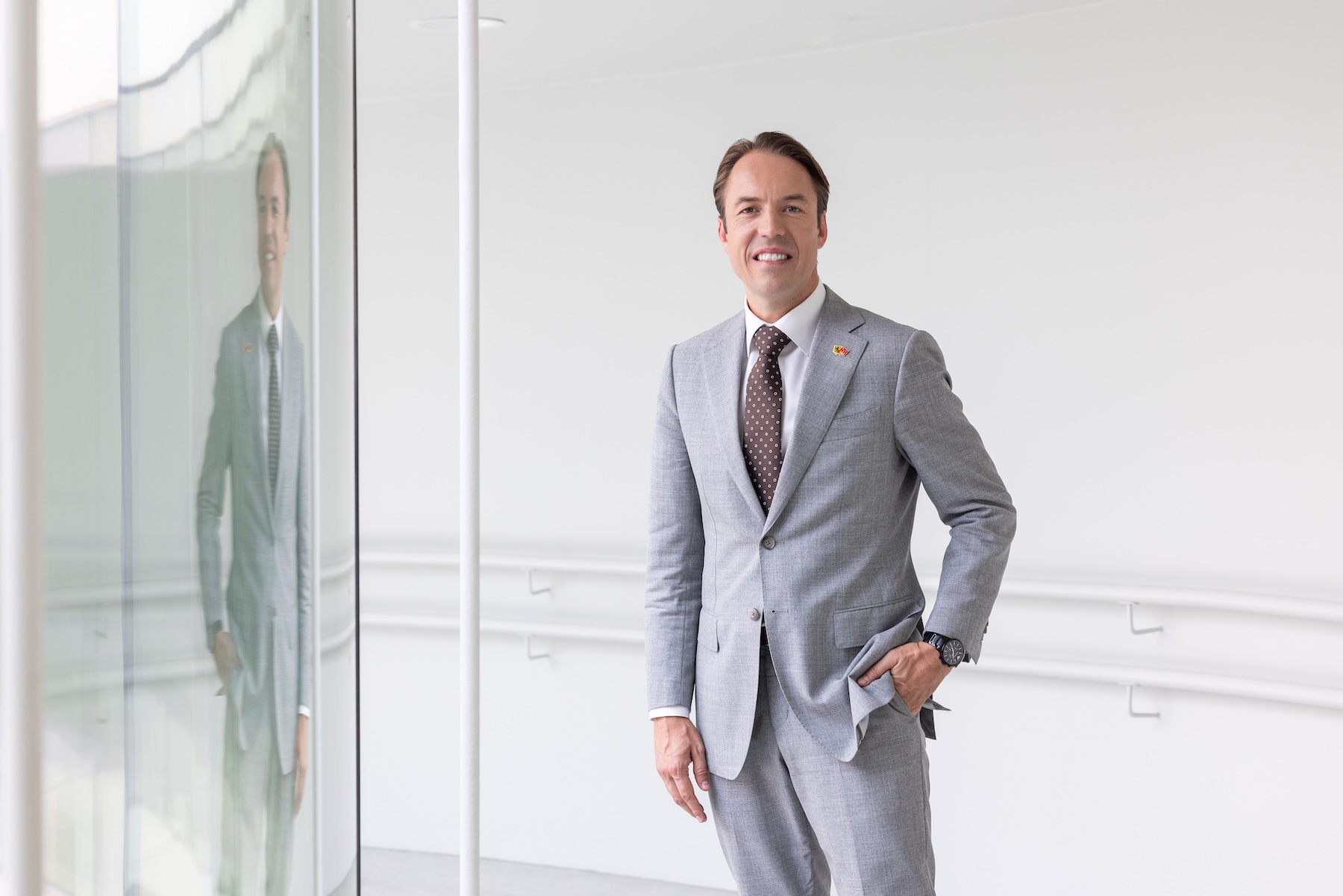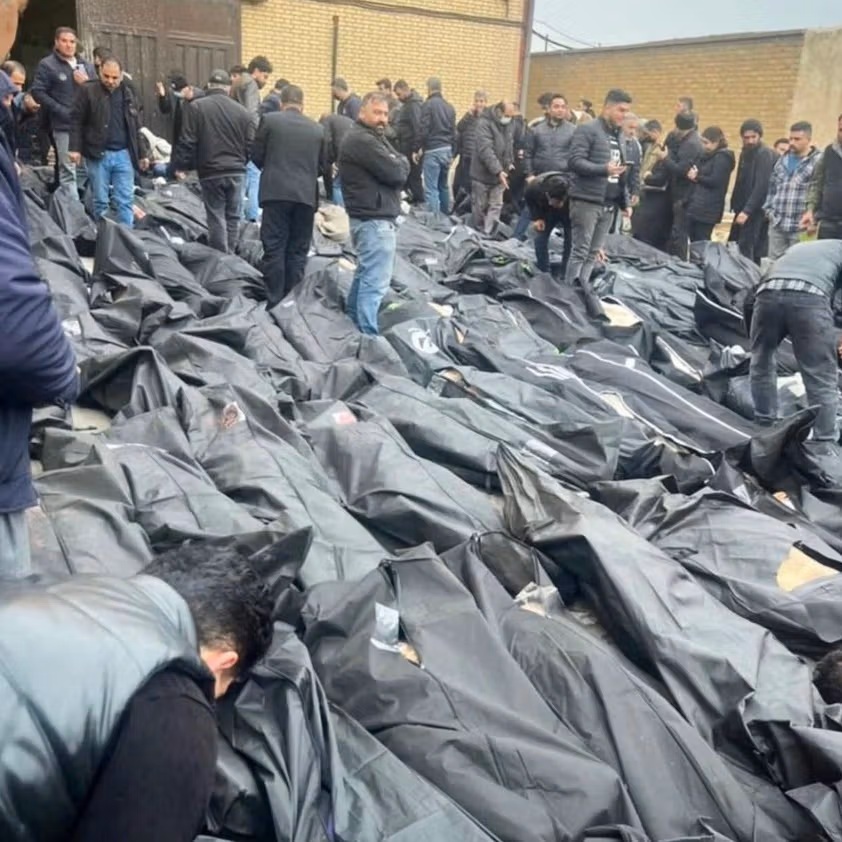
The radical left-wing Dutch politician and leader of the GreenLeft and Labour, former European Commissioner, Frans Timmermans, is under fire in the run-up to the Dutch parliamentary elections. A 2019 clip resurfaced in which Timmermans (who is embroiled in a lobby-corruption scandal during his tenure as an EU Commissioner) said, “Islam belonged to Europe for 2000 years.” The blunder exposes a new phenomenon, Islamo-leftism, at a moment when the uncontrolled influx of Islamic migrants is on top of the public agenda. Does Islam 'belong' to Germany, Belgium, France or any other EU country?
By Paul Cliteur
Timmermans’ (European Commissioner from 2019 to 2023) answer is, of course, a historical blunder. The reason is apparent. The Prophet Mohammed lived from 570 to 632, so if Islam “belongs” to Europe, then at most for 1,300 years, not 2,000 years.
This blunder also exposes something else about the fallen former Euro-Commissioner. Does he really know that little about Islam? That cannot be ruled out. Or should we consider it a blackout, a mistake?
This seemingly insignificant event is a key to understanding one of the primary causes of political polarisation in the Western world at present. That political polarisation has to do with the position of minorities, immigration, integration, and – most importantly – the position of Islam in Western societies.
Let’s start with the question itself: Does Islam belong to Europe or any European country? It is a suggestive and obscuring question. What could it mean? Several options present themselves.
It could mean: “Has Islam had as much influence on European culture as, for example, Christianity? Then the answer is: “No, Christianity has had much more influence.” The question could also mean: “Are Muslims to be treated equally to Christians in Western societies?” Then the answer is: “Of course, everyone is equal under the German constitution, or fundamental European declarations.”
The question “Does Islam belong in Europe?” also contains another question. That is: “Do you have objections to even more Muslims in Germany, for example, through unlimited migration of people from Islamic countries to Germany?”
This last question brings us very cautiously to the heart of the debate that distinguishes “left” from “right” in contemporary political discourse. For previous generations, “left” and “right” were about a contrast on socio-economic issues. “Left” was for the worker. “Right” was for the propertied class.
But today, the contrast between “left” and “right” is about something else. Today, it is about cultural identity. It is about the question: is European culture compatible with that of a rapidly growing cultural minority, namely that of Muslims in European societies?
Is Islam compatible with German democratic culture, as outlined in the German constitution and laws, as well as customs and traditions? Is Islam compatible with the European Convention on Human Rights and Fundamental Freedoms (1950), the Treaty on European Union (1992), and other significant European treaties that define Europe’s identity as democratic, based on the rule of law, and committed to human rights?
The “left-wing” answer to that question is: “Islam is not a problem at all. Muslims are not a problem at all. They are well-integrated in Germany, as in other European countries. Only extreme right-wing, fascist, Nazi pessimists make this a problem. And they make it a problem because those extreme right-wing, fascist, Nazi pessimists are essentially racists. We have a racism problem, not an Islam problem.”
What the right (wing) thinks of Islam
The right wing of the political spectrum has a slightly different view on this. The right wing says: “Listen, everything points to ‘Islam’ having developed into ‘radical Islam, political Islam, Islamism’. And that is a problem. A big problem, in fact.
Look at the jihadist attacks, look at the knife attacks, look at the poor integration of Islamic minorities. Look at the ‘Islamisation’ of German, French, or Dutch society. Under the influence of ‘Islam’, more concessions are being made to unreasonable Islamic demands, demands from ‘Islamists’, actually, such as the possibility of wearing a headscarf in the police and judiciary, professions where until recently philosophical neutrality was the starting point.”
What Timmermans meant with his statement about Islam having been part of Europe (or Germany) for 2000 years is that he is a fervent, overzealous proponent of that second view. That is why he was mistaken by 700 years. It characterises his zeal to present himself as the best boy in the class in upholding what can be called a “left-wing” worldview regarding Islam.
Combating Islamo-leftism among critics of Islam
I would like to illustrate this with two statements from two Dutch critics of Islam. The first is by the Dutch Lale Gül, as stated in her excellent book Ik ben vrij (I am free, 2024). She writes:
“I am as progressive as can be with my story, but somehow I almost have to beg ‘the progressives’ for their support, so I have given up. Left-wing people feel like racists if they support Islam-critical voices that highlight abuses in a non-white community. Then they get all worked up, because they are used to always protecting the Muslim community from attacks by right-wing politicians” (p. 114).
And that is precisely how it is. Left-wing people, people like Timmermans, have a terrible aversion to criticism of Islam, because Islam is seen as the religion of “poor people” (La religion des faibles, as Jean Birnbaum characterised it in 2018). And the left, as we know, was invented to help “poor people”.
This mechanism is also recognised by Gül’s Belgian colleague in the field of criticism of Islam, namely the “right-wing” politician Darya Safai (NV-A). Safai writes in her book From the Cell to the Chamber: Woman, Life, Freedom (2024):
“There is now a word for this incomprehensible attitude towards the fundamentalist and discriminatory aspects of Islam, borrowed from French: islamogauchisme or islamosocialism. It is a Western update of the ‘reactionary alliance of red and black’ at the time of the Iranian revolution in 1979” (p. 78).
We see that both Gül and Safai recognise the exact mechanism: the left uncritically defends the unpleasant aspects of Islam. And Safai even has a word for this: ‘Islamosocialism’. This ‘Islamosocialism’ is a variant of the French ‘islamogauchisme’ or ‘Islamo-leftism’ (slightly broader than just ‘socialism’, therefore).
The term “islamogauchisme” was coined in 2002 by the French thinker Pierre-André Taguieff in his book La nouvelle judéophobie. The American David Horowitz also pointed out the alliance between the “left” and (radical) Islam in his book Unholy Alliance: Radical Islam and the American Left (2004).
Words that structure our reality
A few more words about the term “Islamo-leftism”. Words can sometimes help us better understand our world. The introduction of a term can enable us to recognise social processes that would otherwise remain vague and undefined. “Islamo-leftism” is such a word.
Once you have identified the process of this connection between “the left” and “Islam”, you will understand the political world around us much better, like Timmermans’ 700-year mistake during the broadcast on German television.
Timmermans hands out his calling card: “You can keep your headscarves on, in the police, in court, and in the army. We will look the other way regarding your relationship with women. We will relativise the separation of church and state. We will make many concessions to our state and culture to make you feel at home.”
These are, in fact, the implicit messages Timmermans conveys with his assertion that Islam has been part of European culture for 2000 years. After all, why would you take strict action against a religion that has been making a valued contribution to European culture for 2000 years?
Incidentally, we can recognise this process in all European countries. “Left-wing” parties are becoming Islamo-leftist, “right-wing” parties are calling attention to indigenous culture, national culture, and the culture of the original inhabitants of European countries.
In Germany, indigenous culture is supported by parties such as Alice Weidel’s Alternative für Deutschland. She opposes Islamo-leftism. Islamo-leftists respond with accusations of “extreme right-wing”, “racism”, “Nazism”, “fascism”, “xenophobia”, and “Islamophobia”. In France, a similar debate surrounds Marine Le Pen’s Front National.
In the Netherlands, the debate centres on Geert Wilders’ Party for Freedom and Frans Timmermans’ Islamo-leftist party.
The old ideologies of liberalism, socialism, conservatism, and anarchism are no longer able to explain the current political divisions adequately. A new ideology, Islamo-leftism, is better able to do so. Islamo-leftism is genuinely on the rise. In Germany, France, and the Netherlands, more or less the same pattern everywhere.






The insidious takeover of Western civilization by radical Islam is well expressed in this exceptional article.